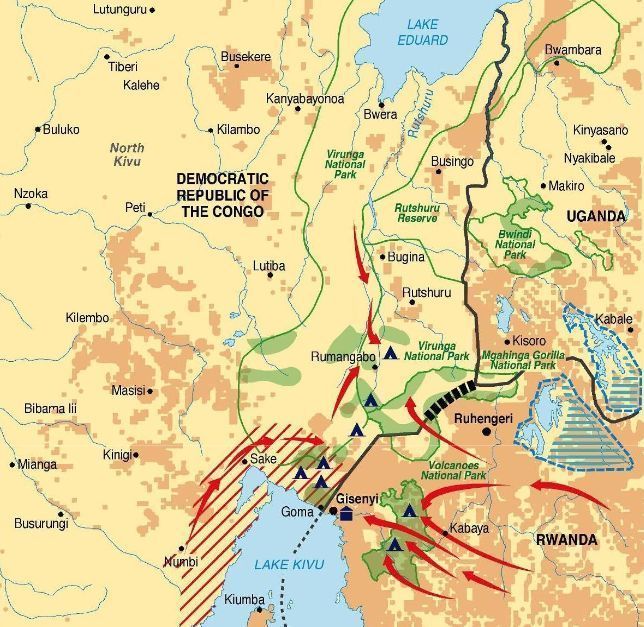FUEL - Integrating Energy Needs in Humanitarian Crisis Situations


The sustainability aspect of energy needs is not always sufficiently addressed by those providing assistance in humanitarian crisis response operations in post-conflict and post-disaster situations. Despite the fact that UNHCR and other emergency aid organizations have included substantial elements of sustainable energy supply in their policies and plans, implementation is often late or insufficient. The resulting long term humanitarian and ecological effects can be dramatic.
An advocacy and learning project has been set up on the issue of energy use – with a focus on household fuel – in humanitarian crisis response situations, by the IUCN National Committee of the Netherlands in cooperation with the Institute for Environmental Security and DUVILLA. The goal of this project is to improve the policies and practices of (Dutch) humanitarian aid organisations on fuel-related issues, and to encourage policymakers in the Netherlands to put this issue higher on the agenda.
The FUEL project started off with a Quick Scan of policies and best practices of humanitarian organizations and potential alternative energy sources and technologies. Several examples of recent crisis response operations demonstrate that the ecological impacts of refugee camps and settlements can have disastrous consequences for the future livelihood bases of both displaced people and host communities.
The Quick Scan shows that many initiatives already exist to improve fuel-efficiency in humanitarian aid situations. Also, there is a tremendous amount of information on the use of fuel wood and other energy sources. It is concluded that other safer and more effective fuels or energy technologies need to be mainstreamed into standard procedures and budgets of humanitarian aid agencies. This will strengthen the basis for long-term human and ecological security.